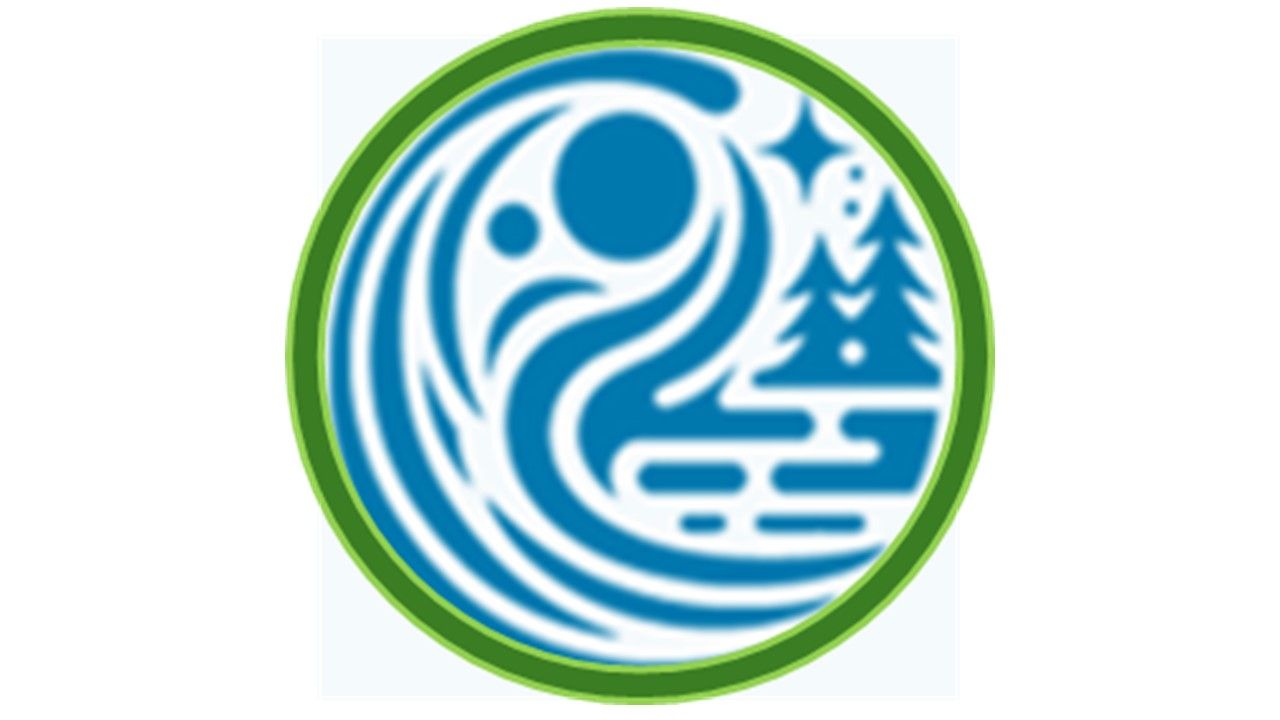Expert Insights: The Role of Elders in Indigenous Communities
Understanding the Role of Elders
In Indigenous communities around the world, Elders hold a revered position, serving as the cornerstone of cultural preservation and community guidance. Their roles transcend mere leadership, embodying wisdom, experience, and the continuity of tradition. To truly appreciate their significance, it is essential to delve into the multifaceted responsibilities they assume and the profound impact they have on their communities.
Elders are often seen as the custodians of knowledge, entrusted with the task of preserving and passing down oral histories, traditions, and cultural practices. This role is not just about storytelling; it is about maintaining a living connection to the past and ensuring that future generations understand and appreciate their heritage.

The Significance of Oral Tradition
Oral tradition is a vital component of Indigenous cultures, with Elders playing a pivotal role in its perpetuation. Through storytelling, Elders convey lessons, values, and historical accounts that are not found in written form. This method of knowledge transfer is dynamic and adaptable, allowing for the integration of new experiences while maintaining core cultural tenets.
The stories told by Elders are often imbued with moral lessons and cultural values, providing guidance on how to live in harmony with others and the environment. This form of education is crucial in shaping the identity and worldview of younger generations within the community.
Mentorship and Leadership
Beyond their role as educators, Elders serve as mentors and leaders. They offer counsel on a wide range of issues, from personal dilemmas to community conflicts. Their wisdom is sought after in decision-making processes, ensuring that choices made reflect the collective values and long-term well-being of the community.

Elders as Cultural Ambassadors
In addition to their internal community roles, Elders often act as cultural ambassadors, representing their communities in interactions with external entities. Whether engaging with government bodies, educational institutions, or other cultural groups, Elders articulate the needs, aspirations, and rights of their people.
This ambassadorial role is crucial in advocating for Indigenous rights and fostering mutual understanding between different cultural groups. Through their efforts, Elders help bridge cultural divides and promote respect for Indigenous ways of life.

Challenges Facing Elders Today
Despite their invaluable contributions, Elders face numerous challenges in modern society. The erosion of traditional lifestyles and the pressures of globalization threaten the transmission of cultural knowledge. Additionally, many communities grapple with social issues that can undermine the authority and influence of Elders.
To address these challenges, there is a growing recognition of the need to support Elders in their roles. This includes providing platforms for them to share their knowledge widely and ensuring that they have the resources needed to fulfill their duties effectively.
The Future Role of Elders
As Indigenous communities continue to navigate a rapidly changing world, the role of Elders remains as crucial as ever. By adapting their traditional roles to meet contemporary needs, Elders can continue to guide their communities through change while safeguarding cultural heritage.
The future will likely see an increased emphasis on integrating traditional knowledge with modern technology, allowing for broader dissemination and preservation of cultural teachings. This fusion holds promise for empowering younger generations to embrace their heritage while engaging with the world at large.
